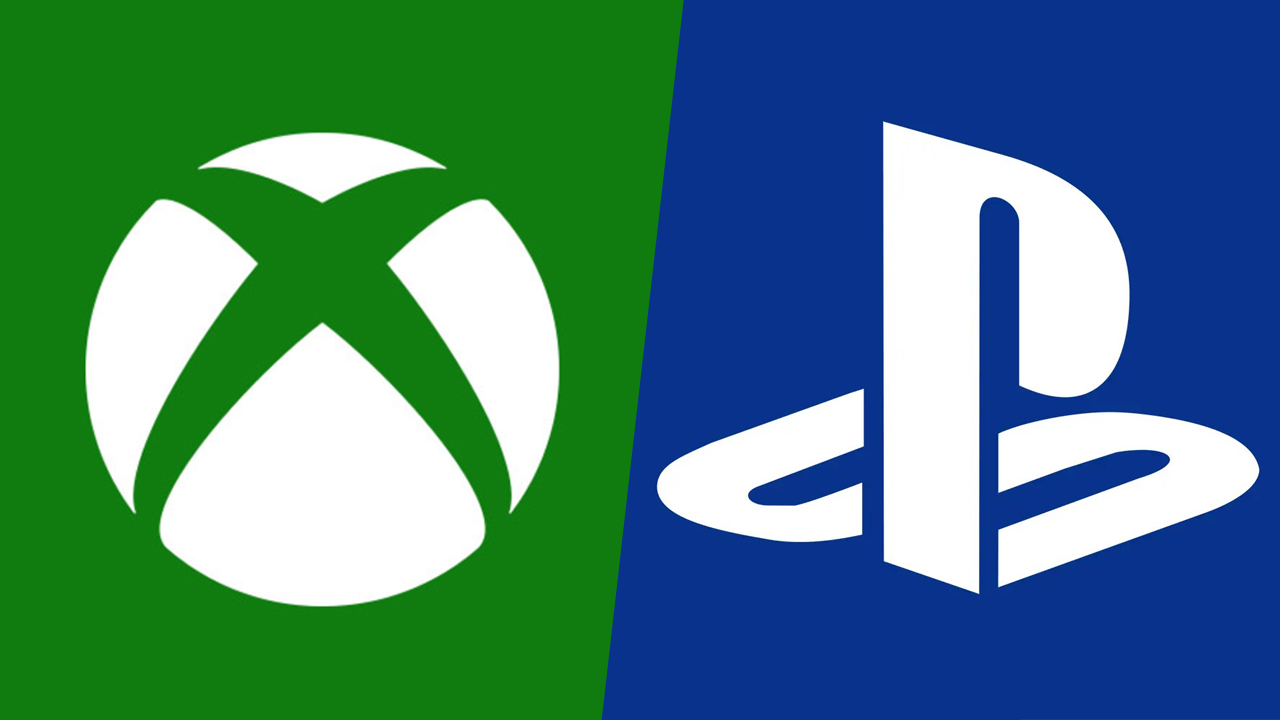
If you've been wondering when we'll see the successors to the Xbox Series X and PS5, Microsoft may just have revealed the answer: we'll see them in 2028.
That doesn’t mean we won’t see newer, slightly more powerful or efficient versions of the Xbox Series S, Xbox X and PS5 in the meantime. But, Microsoft believes the next big shift in console hardware will happen then.
The date was spotted by gaming site IGN among the stacks of documents made public in the Microsoft vs Activision Blizzard court case, which began in the US this week.
The case will decide whether Microsoft should be allowed to acquire the huge gaming publisher and it’s not the only such case: in May, the UK competition watchdog decided to block the takeover. Microsoft has filed an appeal and that will be heard in July.
In one of the documents, Microsoft says that the “expected starting period” of the next console generation is 2028.
What is Microsoft saying about the next console generation?
If you’re hoping for a reveal of the Xbox XI or PS6, I’m afraid you’re out of luck. Microsoft is only talking about timescales and, in particular, its 10-year plan to release Call of Duty games on PlayStation consoles: “This term would in any case go beyond the expected starting period of the next generation of consoles (in 2028),” it wrote.
The timescale feels right, though. A 2028 release of the next console generation would be eight years after the Xbox S/X and PS5 launches in 2020, and those launches were seven years after the Xbox One and PS4, which launched in 2013. If you want to go back further, the PS3 was launched in 2006 and the Xbox 360 in 2005.
So what do we actually mean by console generations? A console generation is widely considered to mean a period where gaming hardware takes a big leap forward - moving from cartridges to discs, bringing in online multiplayer, delivering HD graphics and so on.
You can get into fun arguments online about what generation we’re currently in and what the key characteristics are, but it’s probably best to think of it like this: the move from PS4 to PS4 Pro wasn’t a new gaming generation, but the move from PS4 to PS5 was. Similarly if there’s a PS5 Pro, which we think there will be, that won’t be a new generation console; just a slight improvement to the existing one.







